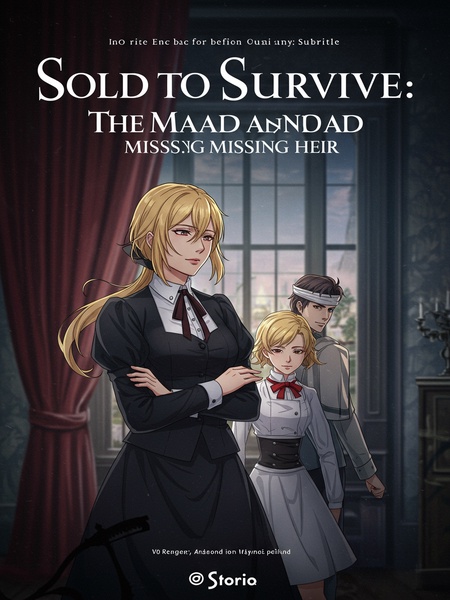Chapter 1: Leaving Home
We were so broke, the neighbors joked even our luck was in foreclosure. All we had were three acres of dry, rocky land, and my dad worked those three acres like he was keeping some sacred promise. No matter how hard he tried, though, the harvest never fed all ten of us at home.
There were times when I’d watch Dad come home, boots caked with Ohio mud that smelled of last year’s rain and fertilizer, hands red and cracked, and it would hit me—no matter how many hours he put in, the earth always seemed to give less than we needed. Still, he kept at it, like the land was his old friend and he couldn’t just give up on it.
My grandparents were getting up there in years. My three uncles—grown men, but still single—spent their days wandering around our small Ohio town, gossiping and killing time, real loafers if you asked anyone. "You hear about old man Jenkins’s cow?" Uncle Ray would say, dealing a card, "Swear that thing’s smarter than half this town."
Their laughter would drift in through the screen door as they played cards on the porch, their voices thick with the local twang. Folks in town rolled their eyes at their lazy streak, but I guess in a place like ours, nobody ever went anywhere fast.
My little aunt was my age, and she was the apple of my grandparents’ eye.
We’d sit under the willow tree by the creek, skipping stones and talking about dreams bigger than the sky. She always wore this faded blue dress, hair tied with a red ribbon Grandma gave her.
That year, a heavy snowstorm hit. We’d already been out of food for days. With the whole family on the edge of starving, my dad left for Chicago to find work as a day laborer. I kept hoping he’d walk back through the door, coat dusted with snow, grinning like he’d found a miracle job. But the house stayed quiet, and the wind just got louder. Then the traffickers came to our town. They handed me a couple hundred bucks, and I sold myself.
I remember how the wind sounded that night, how it rattled the old windows and made the house feel even smaller. They didn’t look at me when they counted out the bills, and I couldn’t meet their eyes. I told myself it was just business, but my stomach twisted so tight I nearly threw up. When they handed me the money, my hands shook so bad I thought I’d drop it. But at least there was hope—for a few more days, my family could eat.
Continue the story in our mobile app.
Seamless progress sync · Free reading · Offline chapters